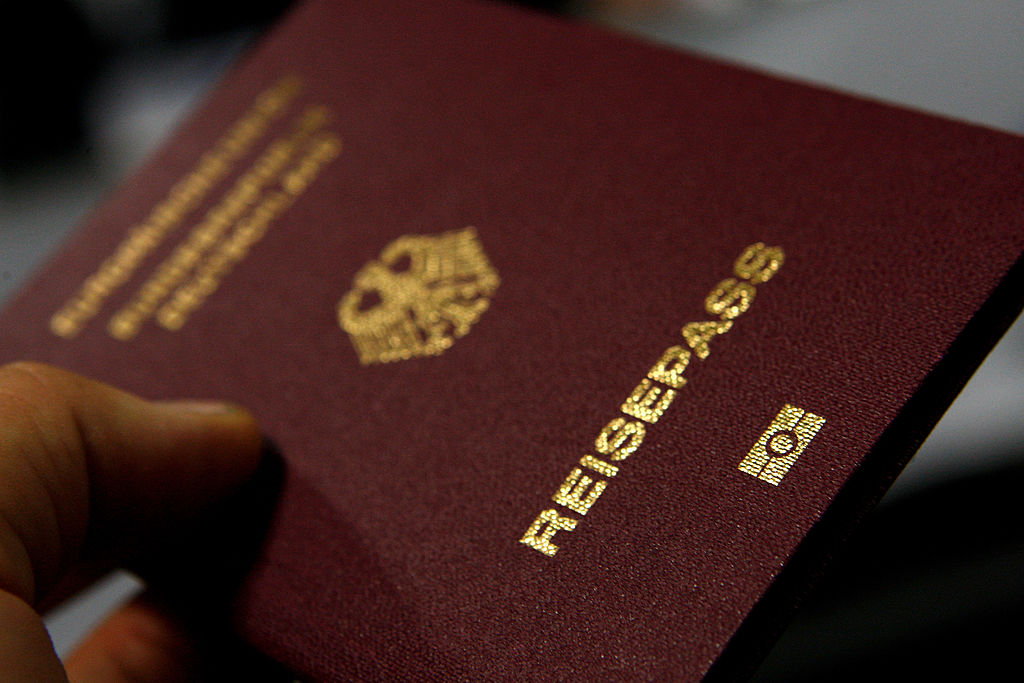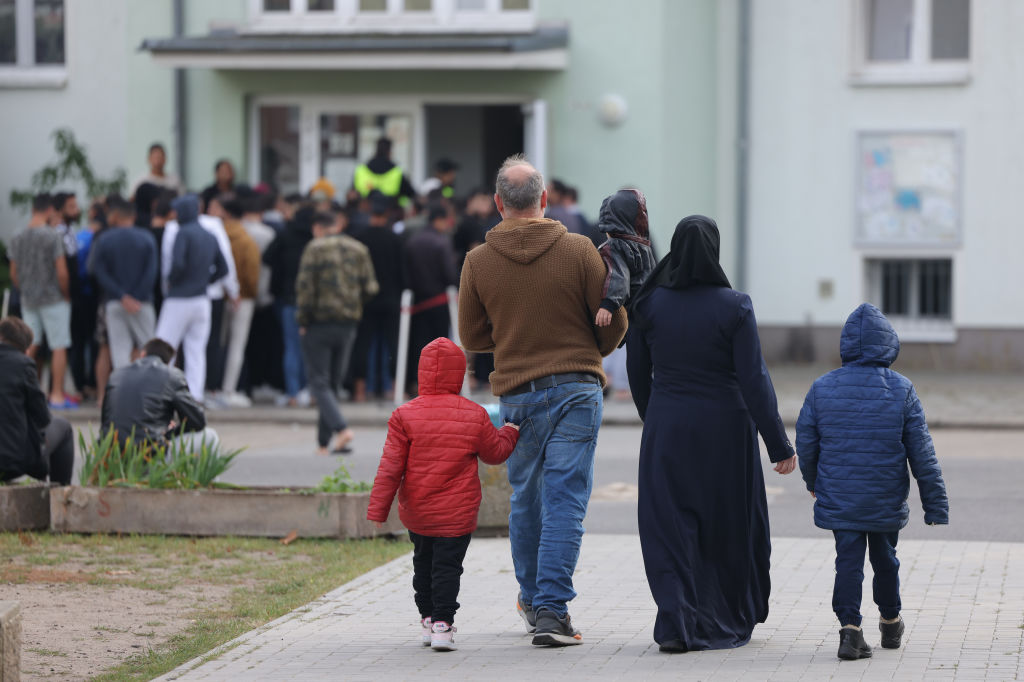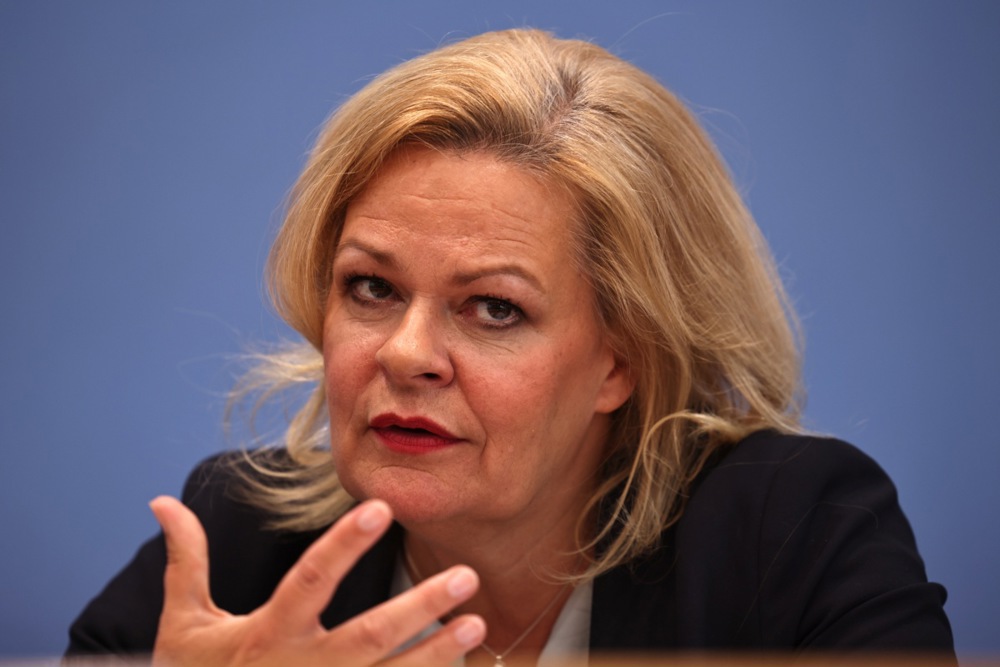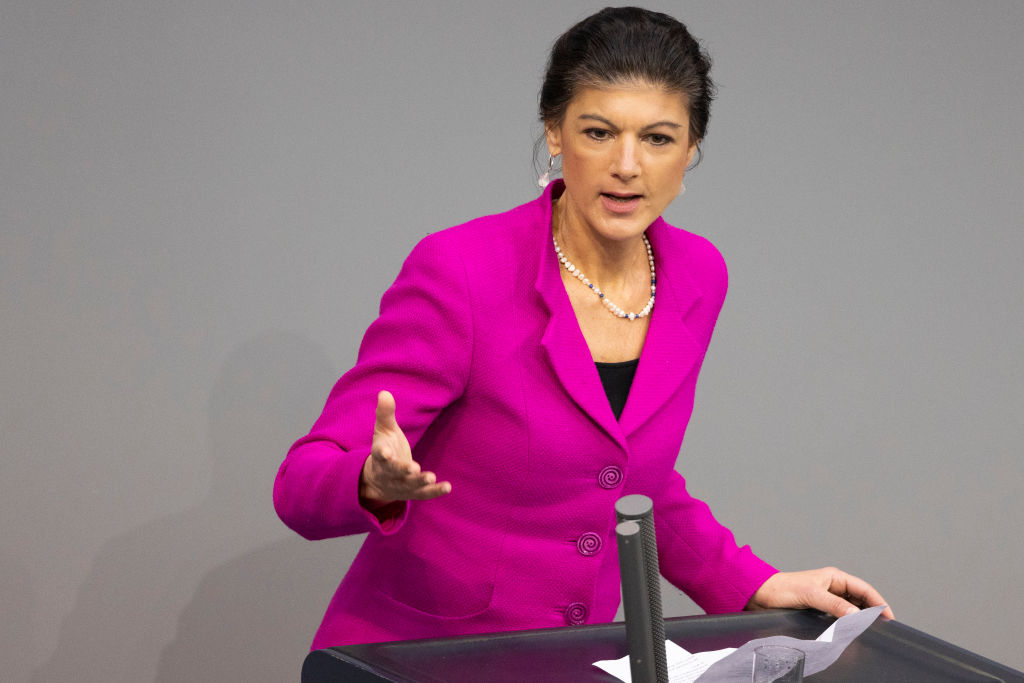Ex-chancellor Angela Merkel’s former party has vowed to implement a “de facto” ban on new asylum seekers to Germany should it win the upcoming snap federal election.
Thorsten Frei, the deputy chairman of the union parties’ parliamentary group — a faction consisting of both Merkel’s Christian Democratic Union (CDU) and its regional partner, the Christian Social Union of Bavaria (CSU) — confirmed on January 21 that both parties had agreed a common stance on curbing migration.
“If the citizens give us a government mandate, we will immediately enforce a de facto admission freeze by rejecting refugees,” said Frei, a CDU member of the Bundestag, or parliament.
He added that the union would push for broader migration reforms in the “medium term”, arguing that “uncontrolled immigration must be replaced by the controlled admission of narrowly limited quotas”.
He also appeared to endorse the CSU’s call to change how the right to asylum worked in Germany, saying the “de facto” ban now agreed by both parties was compatible with such a call.
“Both concepts are about regaining control over migration and clearly limiting the number of admissions,” he said.
Who created victorious AfD and BSW? Merkel and her mates, deaf to the people, writes @Raphfel.
Full comment ?? https://t.co/OXFJIKcH0A pic.twitter.com/rqDcpffWpU
— Brussels Signal (@brusselssignal) September 3, 2024
Frei’s comments represented a departure from the CDU’s previous position on mass migration.
Ruling Germany under Merkel in 2015, the party was a key supporter of open borders, often arguing that any issues caused by the influx of people from the developing world would be offset by their contributions to the labour market.
Merkel herself was a key champion of the movement, coining the term “wir schaffen das” — or “we can handle this” — to suggest Germany and Europe more broadly should continue the policy of welcoming refugees despite issues with possible or perceived Islamic terror links.
That position has become increasingly unpopular, with Merkel’s time in power being followed by the rise of the populist-right Alternative for Germany (AfD) party.
The AfD is now expected to come second overall in the federal election on February 23, with recent polls indicating it was closing the distance between itself and the first place union parties.
Rival left-wing politicians have been calling for the populist faction to be banned in the country, with a debate on such a prohibition set to be held in the Bundestag shortly before polls open.
While unable to ban the party itself, the Bundestag could refer the issue to the country’s Federal Constitutional Court in Karlsruhe, which might result in the AfD being proscribed if it was viewed as being a threat to the German Constitution.
X-owner Elon Musk has deployed the platform’s “Grok” artificial intelligence chatbot in a “vulgar” post mocking former German chancellor Angela Merkel amid increasing tensions between Eurocrats and the US billionaire. https://t.co/UgUU1ZwYXA
— Brussels Signal (@brusselssignal) November 26, 2024





